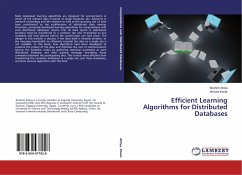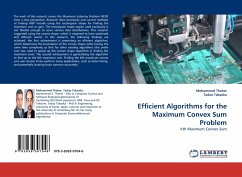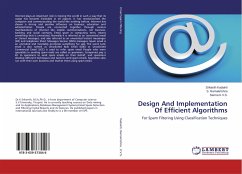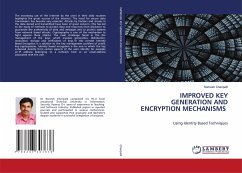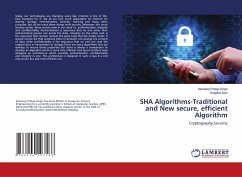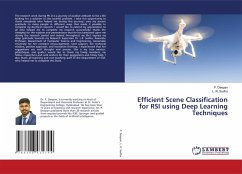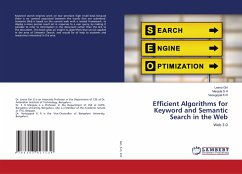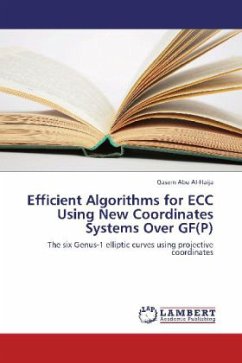
Efficient Algorithms for ECC Using New Coordinates Systems Over GF(P)
The six Genus-1 elliptic curves using projective coordinates
Versandkostenfrei!
Versandfertig in 6-10 Tagen
32,99 €
inkl. MwSt.

PAYBACK Punkte
16 °P sammeln!
The use of projective coordinates to define the Elliptic Curves (EC) instead of affine coordinates replaced the inversion operations by several multiplication operations. Many types of projective coordinates have been proposed for the elliptic curve E: y2= x3+ ax+ b which is defined over a field GF(p) to do EC arithmetic operations such as: Standard projective coordinates, Jacobean projective coordinates, Chudnovsky coordinates. In this thesis, we studied new projective coordinates systems to perform Elliptic Curves Cryptography (ECC) operations with exploiting maximum parallelism to achieve h...
The use of projective coordinates to define the Elliptic Curves (EC) instead of affine coordinates replaced the inversion operations by several multiplication operations. Many types of projective coordinates have been proposed for the elliptic curve E: y2= x3+ ax+ b which is defined over a field GF(p) to do EC arithmetic operations such as: Standard projective coordinates, Jacobean projective coordinates, Chudnovsky coordinates. In this thesis, we studied new projective coordinates systems to perform Elliptic Curves Cryptography (ECC) operations with exploiting maximum parallelism to achieve higher performance. The elected coordinates were tested by using parallel multipliers to obtain maximum gain. The result showed that three new attractive projective coordinates systems that can be used as an alternatives for the standard projective coordinates that already in use. These new coordinates are : Doubling Oriented, Tripling Oriented and Montgomery Curves. Montgomery curves gave the best results for area and time when applied for AT measure. However, the difference between these curves is very small which makes those curves to be three choices for efficient ECC Cryptprocessor design.




